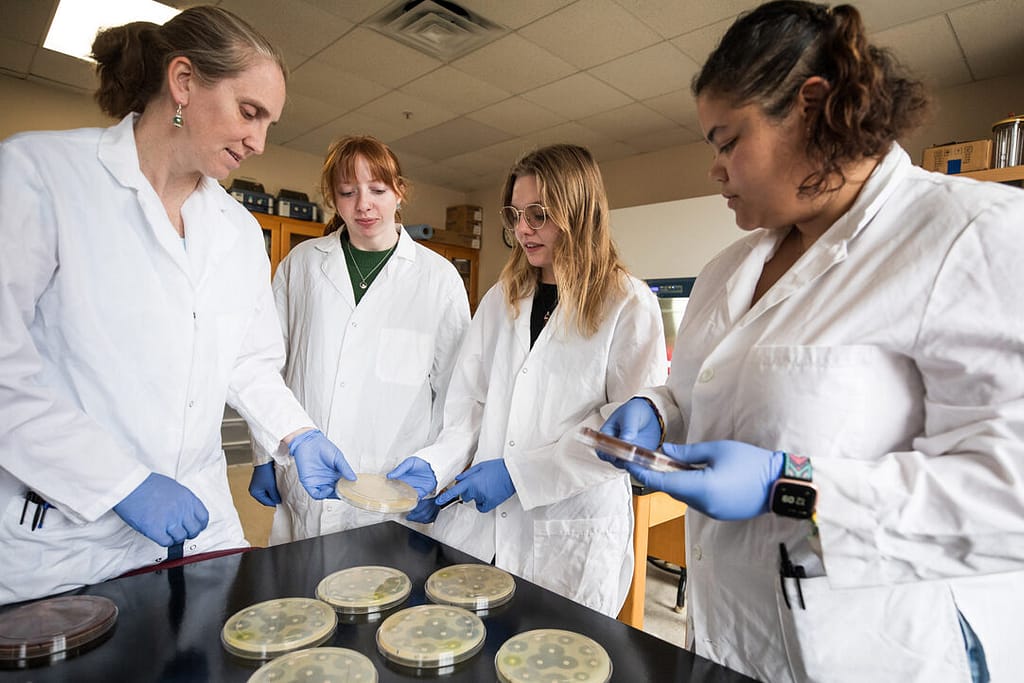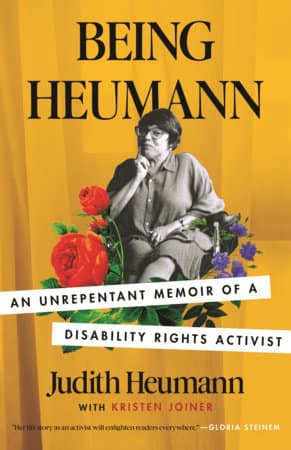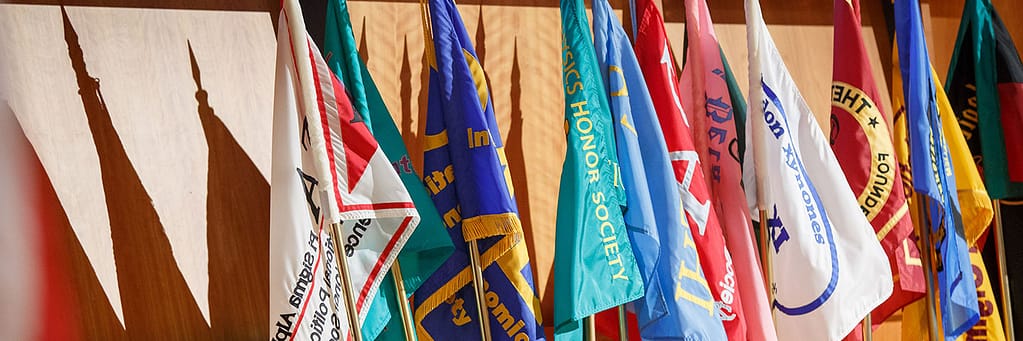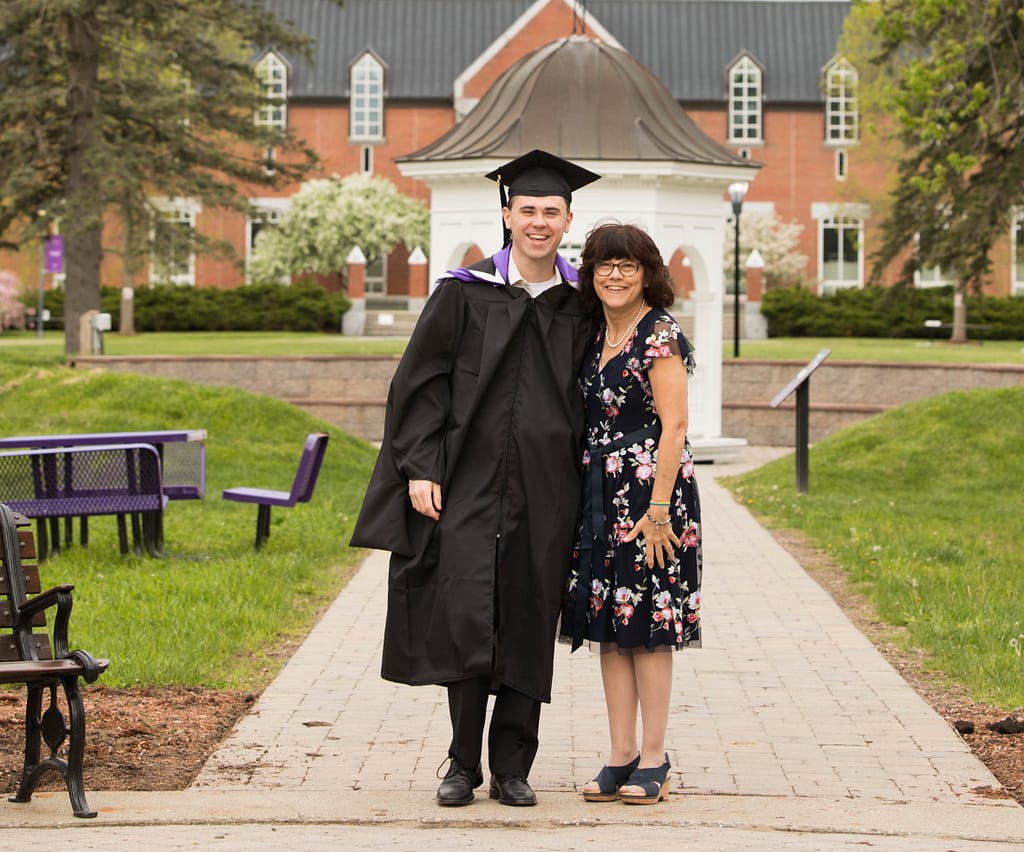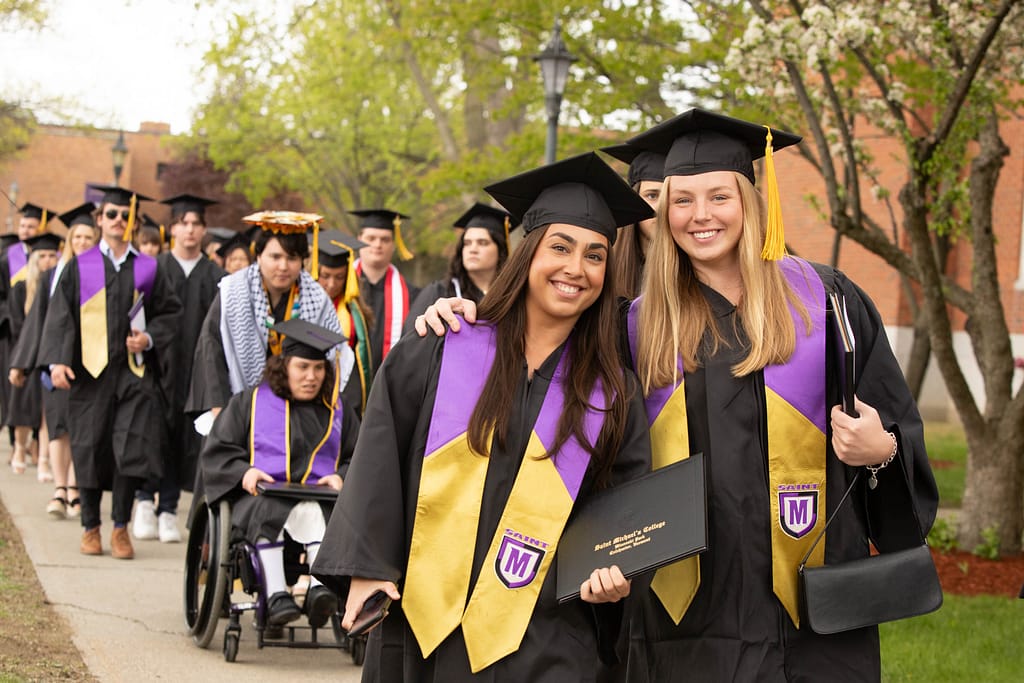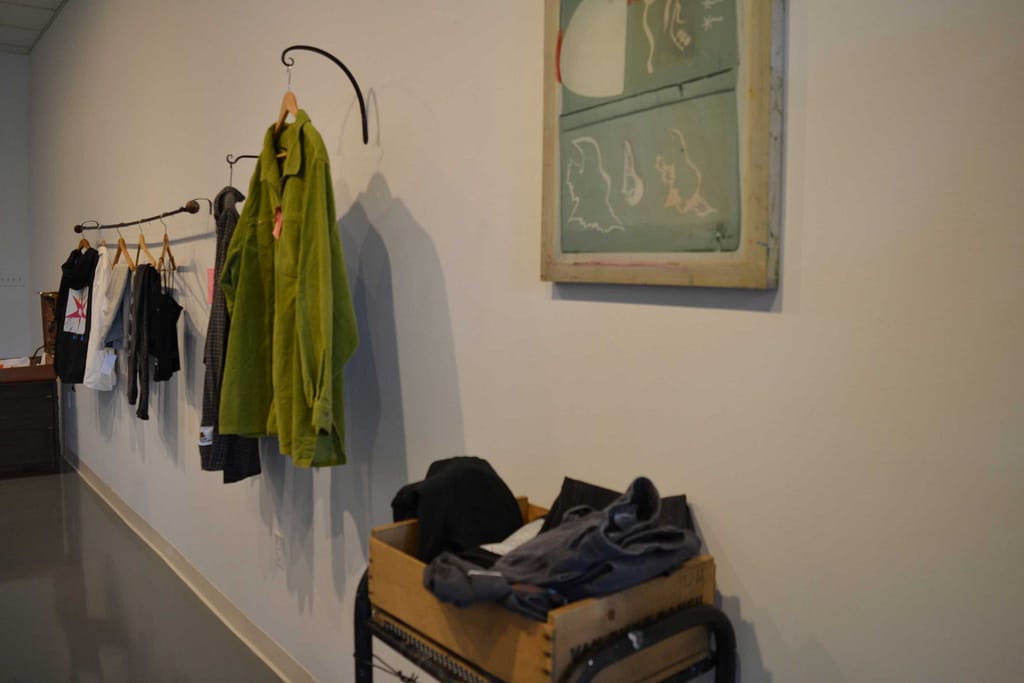European visitors and students discuss pressing global issues
Nine foreign policy experts and international journalists visited Saint Michael’s College on February 12 to meet with students and faculty and discuss foreign policy issues of concern in Europe and the U.S.
The event, hosted by the Center for Global Engagement, featured European visitors from Austria, Denmark, Hungary, Luxembourg, Turkey, Serbia, and the Netherlands. The visitors came to Vermont through the U.S. Department of State’s International Visitor Leadership Program, arranged by Meridian International Center, and were scheduled to travel throughout the United States from February 3 to 24.
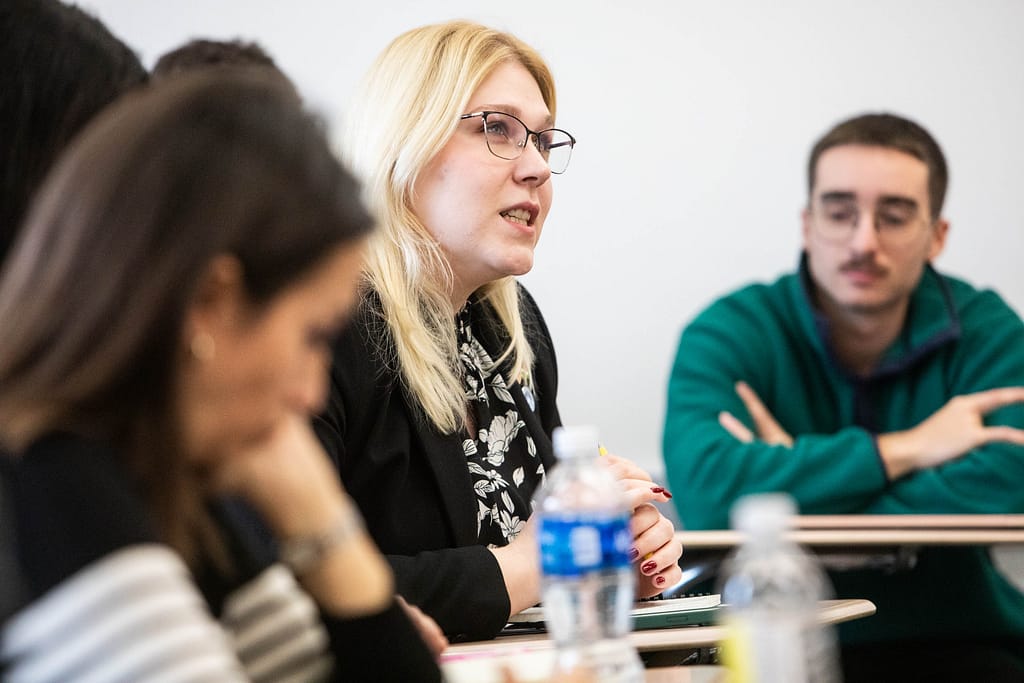
Photo by Cat Cutillo
Two dozen people, most of whom were students, attended the 45-minute discussion as well as faculty who included Associate Professor of Political Science Shefali Misra; Rosemary Yargici, Director of International Student and Scholar Services; and Jeffrey Ayres, Chair and Professor of Political Science and International Relations and Director of the Center for Global Engagement.
“We welcome you,” Ayres said. “It’s a great opportunity for our students to hear from you, to hear some of your concerns.” Ayres added that it was as much an opportunity for the visitors to learn about the “perspectives of young people today on the world.”
Ayres noted that another group of European foreign policy experts visited Saint Michael’s in September for a similar discussion format with Saint Michael’s students and called that experience a huge success for both the college and the visitors.
U.S. Presidential Election and NATO discussed
Ayres said he’d had a discussion earlier that day with his International Relations class about nations and states which led to the topic of Former President Donald Trump and “our former president’s statement this weekend that he would potentially abandon all NATO allies, and maybe even encourage Russia to invade NATO allies, were they not to fully fund or follow up on what he feels is their funding obligations for NATO.”
One visitor shared that, “In Europe, our worst-case scenario is losing territory. The worst-case scenario for the United States is nuclear war.”
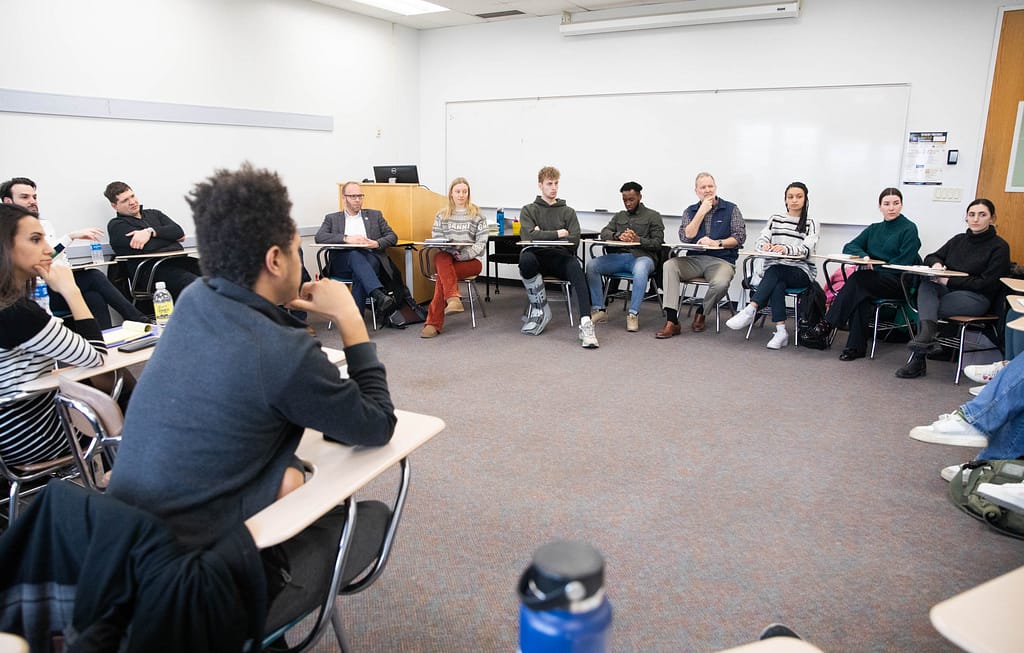
Photo by Cat Cutillo
Another visitor said they were worried about another Trump presidency because of statements like these and concerns for how Trump could impact Europe’s security and the relationship between the United States and Europe. The visitor asked the students for their perspectives on another Trump presidency.
“The threat of a second Trump presidency honestly keeps me up at night,” one student shared.
“It’s very nerve-wracking to be under a presidency that you’re constantly unsure of what may happen and with someone that is so bold in his interactions, whether that be domestic or international,” another student responded.
“I’m from Kansas and when they did the Iowa caucuses, they said that 66% of people still believe that Donald Trump is president,” a student added. “There’s a good portion of the middle of the United States who still believe he never left the election.”
Thoughts on democracy
Olivier Niyonshuti ’25, an international student from Rwanda, shared that democracy, as defined by the West, doesn’t work in other parts of the world like Africa and the Middle East and asked the visitors a question.
“How do you see democracy in the coming years, democracy that respects cultural and religious beliefs without violating them?” Niyonshuti asked. “I don’t think democracy the way the West defines it is going to hold up on the African continent because the African continent is rooted in cultural and religious beliefs.”
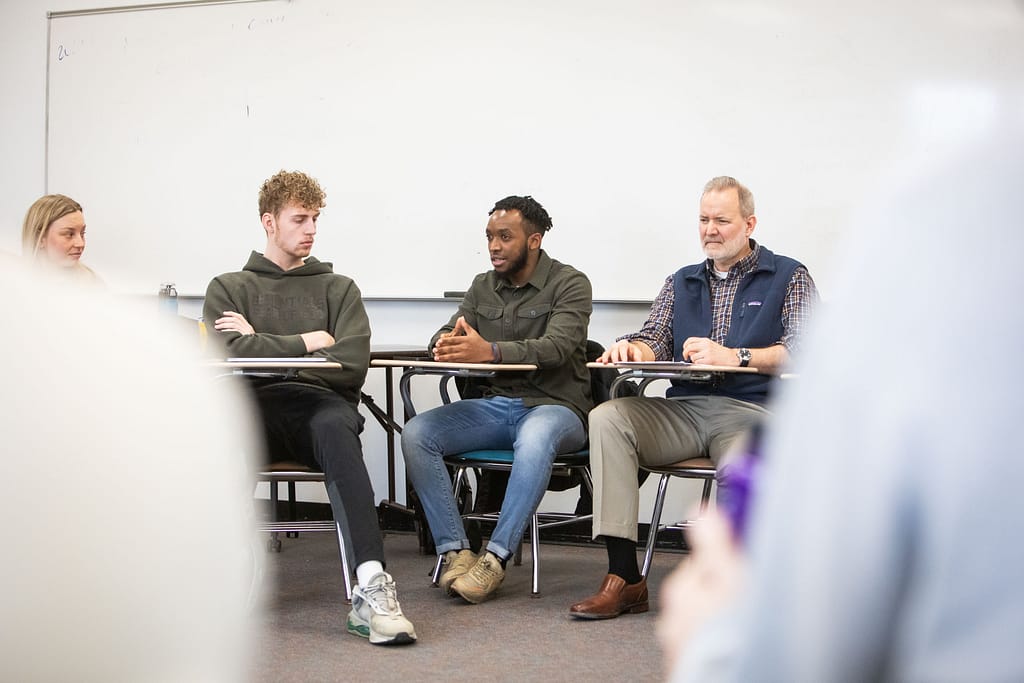
Olivier Niyonshuti ’25 (center) (Photo by Cat Cutillo)
One visitor answered they had published an extensive report for a South African institute.
“This was a revealing experience for me,” the visitor said. “I believe that the very big mistake that many of the democratic liberal optimists of the post-cold war era made in regions such as Africa is they believe it is all about the Constitution.”
The visitor explained that by dismissing the socioeconomic structure that precedes democracy, these policymakers failed. He explained that income and social needs like drinking water and nutrition can’t be overlooked.
“Those types of things have been neglected by western policymakers when they dealt with places like Africa,” he said.
The conversation circled back to the potential of another Trump presidency.
“Something for me during Trump’s presidency that was really alarming and disruptive was how he damaged the credibility of America as a leader of the liberal world order. He stepped back from major global initiatives that were really important, like the Iran nuclear deal,” Frank Loveland ’24 said. “If Trump gets elected again is the United States going to become an unreliable partner again in the global sphere?”
Towards the end of the discussion, one visitor said, “What I don’t like about it is that he talks about NATO as an insurance company whereas it’s actually a military alliance.”
After 45 minutes, Ayres and a handful of Saint Michael’s students escorted the visitors to lunch in Alliot Student Center before they left campus to visit University of Vermont later that day. They would head to Nebraska next.
